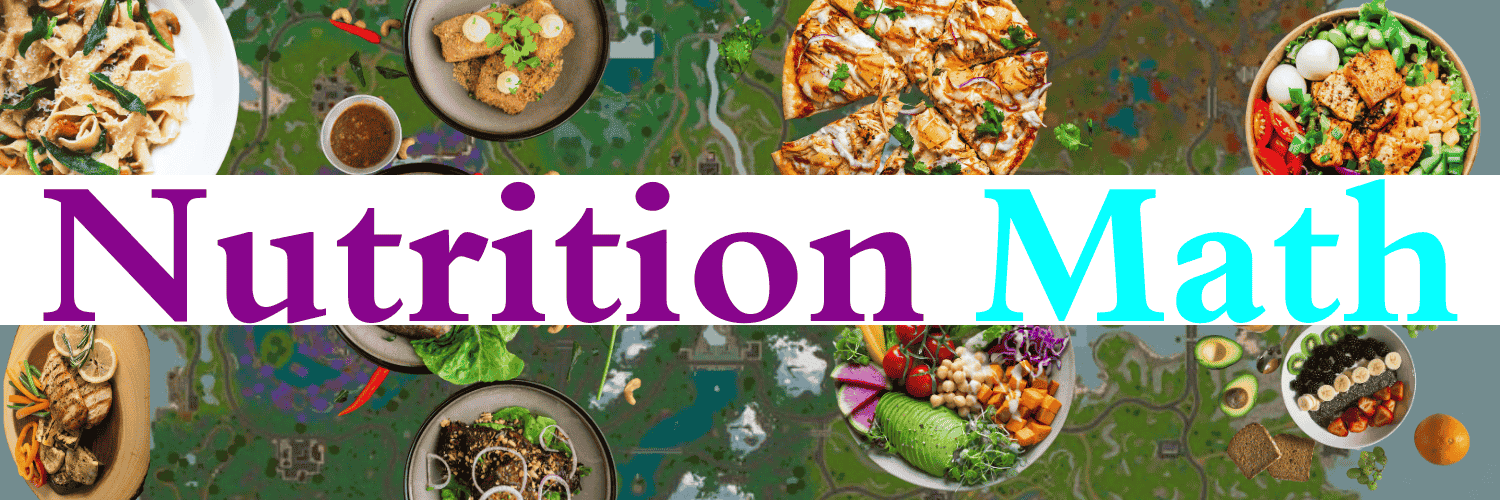The Big Question
Are plant-based diets truly healthier than meat-centric ones, or is the hype just leafy propaganda? As we hit 2025, the debate’s hotter than ever—science has stacks of data, but the answers aren’t simple. We’re diving deep into the evidence: heart health, cancer, brain function, and more. Whether you’re team kale or team ribeye, this showdown’s got something for you.
First, let’s define the players. “Plant-based” spans strict veganism (no animal products) to flexitarian (mostly plants, some meat). Meat diets range from balanced omnivory to carnivore extremes. We’ll focus on the science-backed impacts of leaning hard into plants versus keeping meat on the plate.
Plant-Based Power: The Green Advantage
Plant-based diets—stacked with veggies, fruits, legumes, nuts, and whole grains—bring serious health cred. Here’s where they flex:
Heart Health Heroics
The heart loves plants. A 2019 *Journal of the American Heart Association* study tracked 12,000+ adults and found plant-based eaters had a 16% lower risk of cardiovascular disease and a 32% lower chance of dying from it. Why? Fiber, antioxidants, and unsaturated fats crash LDL cholesterol by up to 20 mg/dL (2021 *Nutrients* meta-analysis)—rivaling low-dose statins. Meanwhile, red meat’s saturated fat and heme iron can clog arteries—2017 *Lancet Public Health* linked 100g/day to a 10% heart disease bump.
Diabetes Defense
Type 2 diabetes dreads plants. A 2018 *JAMA Internal Medicine* trial with 74,000 people showed vegetarians slashed their risk by 34%. Low glycemic loads and fiber keep blood sugar steady, while processed meats crank insulin resistance. A 2023 *Diabetes Care* review of RCTs found plant-based diets dropped HbA1c by 0.4%—small but game-changing over decades.
Cancer Cover
Cancer’s a mixed bag, but plants score points. The WHO tags processed meats as Group 1 carcinogens—2022 *PLOS Medicine* found vegetarians had a 14% lower overall cancer risk, with colorectal cancer dropping 30% per 10g/day of fiber (2015 *BMJ*). Red meat’s heme iron and grilling byproducts (HCAs) are the culprits—plants dodge that drama.
Longevity Boost
Live longer? Maybe. The Adventist Health Study-2 (2013, 96,000 people) clocked a 12% lower all-cause mortality for vegetarians, with pesco-vegetarians (fish included) at 18%. A 2022 *American Journal of Clinical Nutrition* review estimates 2-3 extra years—driven by less chronic disease. Quality’s key, though—2017 *Lancet* showed only “healthy” plant diets (whole foods, not fries) cut mortality by 25%.
Meat’s Muscle: The Carnivore Comeback
Meat’s not down for the count—it’s got science-backed swagger. Here’s why omnivores stand their ground:
Nutrient Density Done Right
Meat’s a nutrient bomb: heme iron, zinc, B12, and protein in one bite. A 2020 *Journal of Nutrition* study showed omnivores had 30% higher ferritin (iron stores) than vegetarians—less anemia risk. Heme iron absorbs at 25% vs. 10% for plant-based non-heme (2018 *Nutrients*), and zinc’s 15% higher in meat-eaters (2019 *British Journal of Nutrition*) thanks to fewer absorption blockers like phytates.
Protein Powerhouse
Meat’s protein is top-tier—all nine essential amino acids, perfectly balanced. A 2017 *Journal of the International Society of Sports Nutrition* study found meat diets boosted muscle synthesis 20% more than plant-based ones post-workout. Plants can match it (rice + beans), but 2021 *Nutrients* found 30% of vegans miss optimal amino acid profiles without obsessive planning.
Brain Fuel: Omega-3s
Fish is brain gold—DHA/EPA omega-3s protect cognition. A 2019 *British Journal of Nutrition* study showed vegans had 50-60% lower DHA levels, risking mood and memory hits (2020 *Neurology* tied low DHA to 15% faster brain aging). Plant-based ALA (flax) converts to DHA at <5% (2018 *Lipids*)—you’re stuck with algae oil or fish to win here.
Evolutionary Edge
Meat fans flex anthropology: humans evolved eating it, with bigger brains tied to meat 2 million years ago (2021 *Nature Reviews*). A 2023 *Proceedings of the National Academy of Sciences* paper says our guts and B12 needs scream “omnivore.” Modern meat’s a different beast (factory-farmed vs. wild), but the argument sticks.
The Trade-Offs: A Side-by-Side
| Diet | Strengths | Weaknesses |
|---|---|---|
| Plant-Based | Heart disease down 16%, cancer risk drops 14%, weight loss 2-4 kg | B12 deficiency (60-80%), lower DHA, fracture risk up 43% |
| Meat-Based | High iron/zinc, brain-boosting DHA, muscle growth edge | 10% heart risk per 100g red meat, processed meat cancer link |
Highlight: B12 Blues & Fixes
Key Fact: 60-80% of unsupplemented vegans lack B12 (2018 *Nutrients*), risking anemia and nerve damage. Supplements—500-1000 mcg/day—normalize levels in 8 weeks (2019 *AJCN*). Skip them, and homocysteine spikes, upping heart and dementia odds (2021 *European Journal of Nutrition*).
Pro Tip: Fortified foods help, but 20% of users still fall short—consistency’s king.
More Gaps: Bones and Beyond
Plant-based diets stumble on bones—calcium and vitamin D are tough without dairy. A 2021 *AJCN* study found vegans had a 43% higher fracture risk if calcium dips below 700 mg/day. Iron’s another hurdle—non-heme’s less bioavailable, so pair it with vitamin C (2020 *Journal of Nutrition*). Meat sidesteps these with built-in solutions.
Key Notes Section
Takeaways
- Plant Wins: Chronic disease protection—heart, diabetes, cancer—if you nail B12, iron, and omega-3s.
- Meat Holds: Evolutionary roots and nutrient density, but moderation’s critical—50-100g/day, not slabs.
- Hybrid Power: 2023 *Nature Medicine* says swapping 10% animal calories for plants cuts disease risk 7%.
- Quality Rules: Junk veganism (oreos) flops; processed meat tanks meat’s case.
Conclusion
The science shows plant-based diets shine for heart health, diabetes prevention, and maybe even a longer life—provided you’re smart about nutrients like B12 and omega-3s. Meat diets deliver unbeatable punches of iron, protein, and brain-boosting DHA, though they come with risks like saturated fat and cancer links if overdone. The real winner? A mix of both worlds. Blending the best of plants—fiber, antioxidants, disease protection—with moderate, high-quality meat—nutrient density, evolutionary fit—gives you a powerhouse diet that’s tough to beat. A 2023 *Nature Medicine* study backs this up: swapping just 10% of animal calories for plants cuts chronic disease risk by 7%, and 50g of lean meat daily with heaps of veggies might be the gold standard.
Why choose sides when you can have it all? Load up on kale and lentils, toss in some salmon or grass-fed beef, and you’re set for health that lasts.




